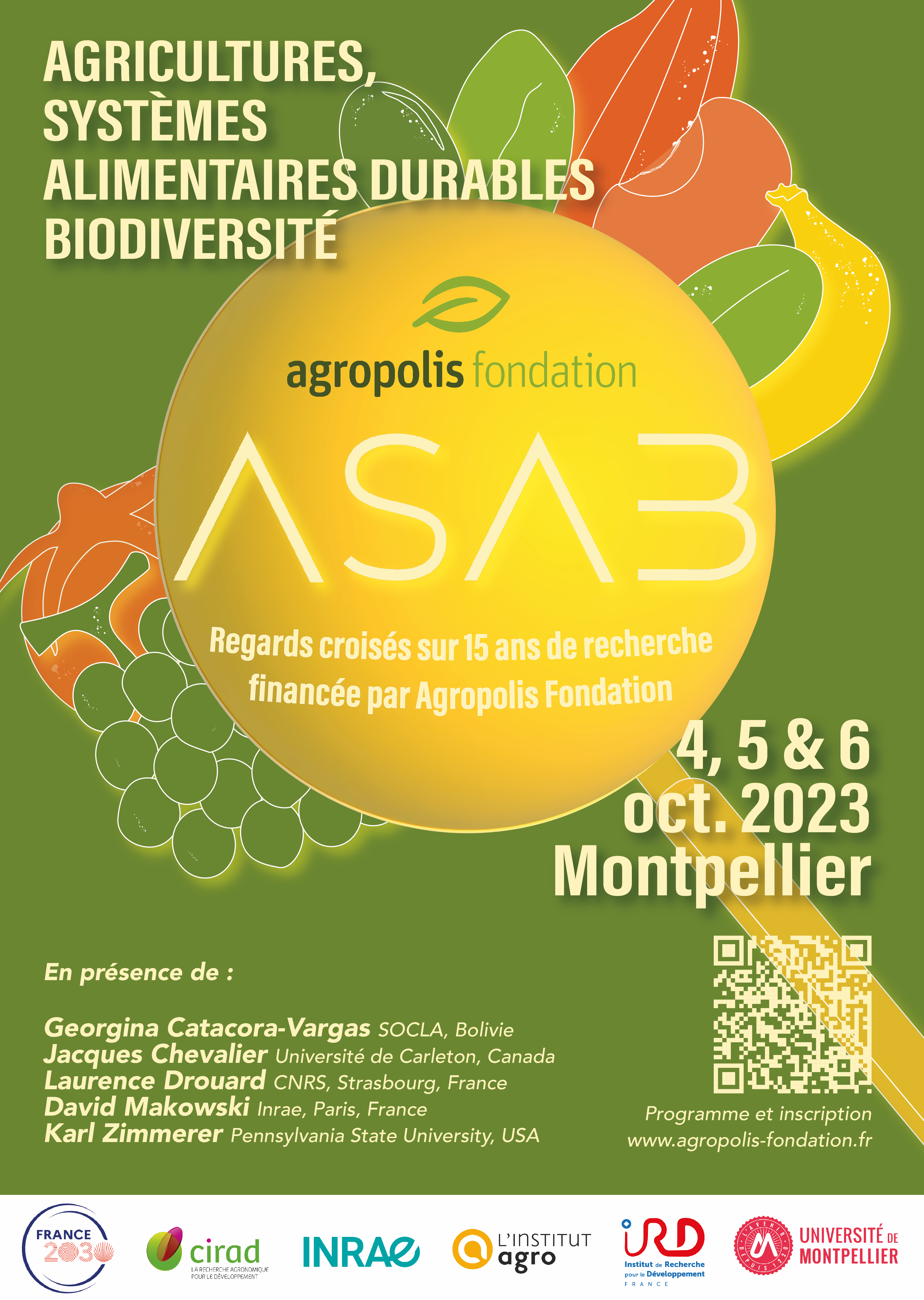Interview of Karl Zimmerer, Director of GeoSyntheSES Lab at Pennsylvania State University
You have a prestigious academic and research background at leading American universities (Penn State, Wisconsing-Madison, California-Berkeley, Yale, Harvard...). What do you retain from these experiences?
Answer : Thanks for this question. My experience at these institutions has provided the academic, research, and stakeholder-infused capacity to contribute consistently to the innovation and testing of wide-span interdisciplinary approaches to the sustainability of agriculture and food systems. Understanding and strengthening the uniquely interdisciplinary dimensions of sustainability require scientific and scholarly rigor (theory and analysis) with an ample blend of creativity and practicality. What these institutions have in common for me is the support---otherwise often lacking---of high-level, wide-span interdisciplinary research whose intellectual and political risks include working with multiple perspectives that are often treated separately and held at a distance or antithetically. In my research while at Harvard, for example, I was able to expand my models and analysis of the environment-society nexus of food and agricultural biodiversity with processes of urbanization (and migration), which has challenged the still prevalent orthodoxy by showing that migration and urbanization can be positive for biodiversity, as shown in an early work (Proceedings of the National Academy of Sciences, 2013) and a recent co-authored paper (One Earth, 2021), as related elements such as the utilization of informal and local farmer seed systems (Elementa: Science of the Anthropocene, 2023).
You are the director and founder of GeoSyntheSES. Could you tell us a little about it?
Answer : I am always excited to talk about GeoSyntheSES. The name GeoSyntheSES stands for Geographic Synthesis for Social-Ecological Sustainability. The GeoSyntheSES community works toward the integrated, environment-society analysis of agriculture, land use, and food systems that is focused on challenges and opportunities for sustainability. Located in the Geography Department at Penn State, it is both a laboratory (a physical space with lab benches and facilities for survey and qualitative data, remote-sensing analysis and soil-characterization equipment) and a supportive environment-society collaboratory of diverse social, scientific, intellectual, and scholarly perspectives. Important to note is that GeoSyntheSES welcomes students in geography and across disciplines at the graduate and undergraduate levels as well as post-doctoral scholars and others. Graduate students interested in working on environment-society issues are welcome to make contact and consider application. The idea of GeoSyntheSES is grounded in my previous experiences of the need to support intensely wide-span, interdisciplinary research in the geography departments at UC Berkeley and UW-Madison as well as the agrarian studies program and the school of the environment at Yale. Interdisciplinary environment-society concepts and theory, as well as data and analysis, are the focus of GeoSyntheSES.
How do you see the link between the agroecological transition and the establishment of healthier, more sustainable food systems?
Answer : Another fantastic question ! I see the agroecology-food system link as composed of many crucial sub-linkages across nearly all sectors of societies and environments globally as well as academia, government and international institutions, non-governmental organizations, and highly diverse elements of civil society. There are five sub-linkages, each a set of relations (or “nexus”) in my framework of agroecological-food systems synergies, that drive my current vision of this link: (1) the relations of biodiversity in agroecological systems to food, nutrition, and human health and well-being (2) the roles of food movements, and related cultural and indigenous movements for well-being (e.g., the “Living Well” movements) in ensuring that the agroecology-food system links are rooted in bottom-up and democratic foundations (3) leveraging the nexus of current global urbanization with agroecological and food-system transitions (such as the roles of biodiversity and diverse food in expanding cities) (4) access and management of water and soil resources amid abrupt climate change impacting the agroecology-food system links and (5) the need for science and institutions to promote alternatives supporting diverse agroecology-food system links and, also, to critique the modern Plantationocene of global, agro-industrial-investment systems.


